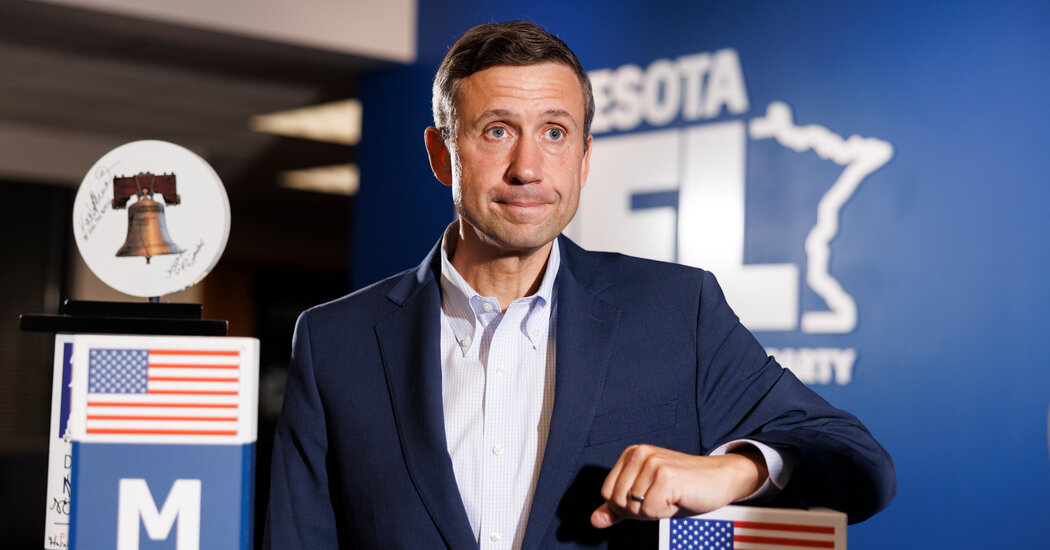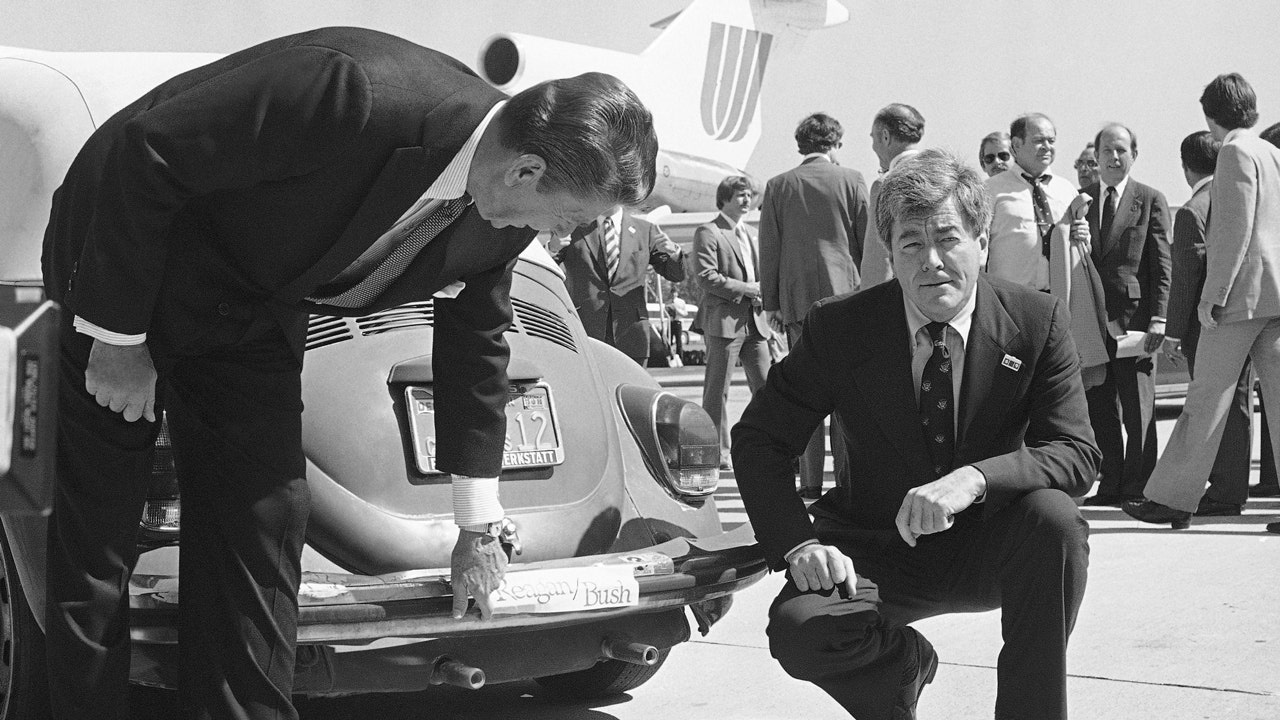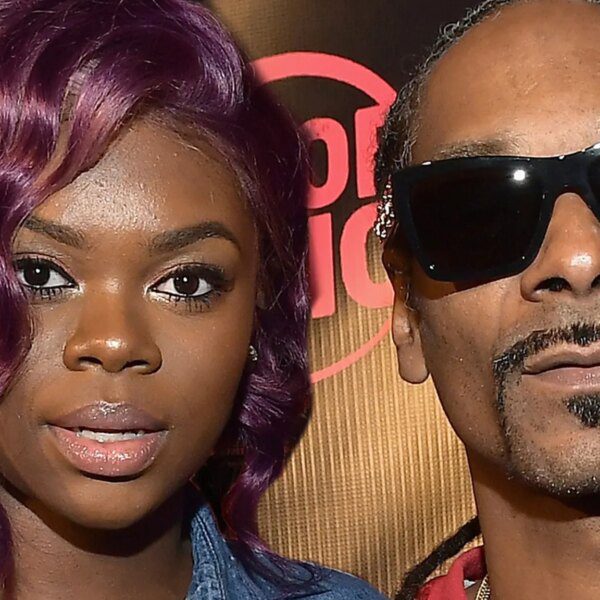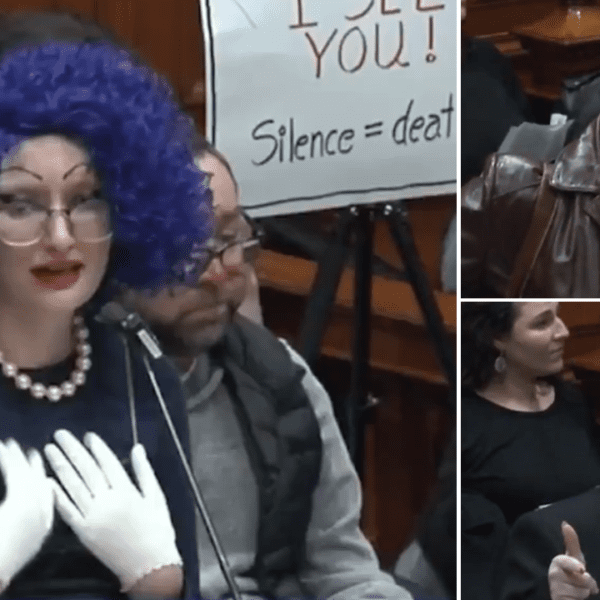Ken Martin, the Minnesota Democratic chairman, was elevated on Saturday to lead the Democratic National Committee, taking the helm of a rudderless party staring down an uncertain future.
Mr. Martin, a seasoned party operator who comes across as a low-key, mild-mannered Midwesterner, ran on pledges to broaden the party’s appeal — especially among working-class voters — and to ensure its ability to compete in races up and down the ballot, and across the country.
The vote at the D.N.C.’s winter meeting capped a monthslong race that focused on party mechanics and messaging, rather than on sharp ideological or establishment-versus-activist fights that have characterized other party leadership contests.
Mr. Martin handily defeated his closest rival, Ben Wikler, the chairman of the Democratic Party of Wisconsin, with help from his deep relationships across the committee, especially his strong support among state party chairs.
Now, Mr. Martin must unite and lead a party that is locked out of power in Washington, scrambling to mount pushback to President Trump and confronting a challenging Senate map in 2026.
Here are five things to know about the new D.N.C. chairman:
He leans into his modest Midwestern roots.
Mr. Martin, 51, is the son of a single mother and the first child in his family, he has said, to earn a college degree, graduating from the University of Kansas.
He is a Minneapolis native and a married father of two sons who speaks with a Minnesota accent and sometimes reaches for hockey clichés to talk about expanding the Democratic map. (“Skate where the puck will be, not where the puck is.”)
Much like Gov. Tim Walz of Minnesota, the unsuccessful 2024 vice-presidential nominee, Mr. Martin has emphasized the need to connect with the working-class voters who have increasingly drifted from his party, sometimes invoking Trump-supporting relatives like his brother, a union carpenter, to describe the splintering coalition.
“I don’t rub elbows with billionaires or Hollywood elites, I rub elbows with working people in union halls, on picket lines, at civil rights marches and at protests,” Mr. Martin said at a recent candidate forum. “I’m running for chair because that’s what the next D.N.C. will look like when I’m the next chairman. That’s who we’re fighting for.”
State chairs love him. Other prominent Democrats preferred his opponent.
Mr. Martin is a party insider who knows his way around the D.N.C.
He has led his state party since 2011 and is a vice chairman of the national party. He also leads the Association of State Democratic Committees, a body that lobbies for state parties within the national committee — and a power center that has irritated other D.N.C. officials, but one that his allies see as a sign of his strengths.
“He has built power within the D.N.C. by building relationships with state party chairs,” said Senator Tina Smith, a Minnesota Democrat. “What that demonstrates is that he is going to trust people who are closest to the ground, closest to the voters, closest to the work.”
Senator Amy Klobuchar of Minnesota said Mr. Martin’s focus on state parties showed his interest in competing everywhere.
“What he will do nationally is focus on keeping our blue states strong, but also making sure our purple states — which, of course, didn’t happen last time — go blue and the red states go purple,” she said. “That’s part of what he’s been doing with talking about building up these state parties and making sure we’re hitting every area.”
But if Mr. Martin had strong support among the party chairs and vice chairs who are voting members of the D.N.C., it was Mr. Wikler, a powerhouse fund-raiser accustomed to competing in a far more competitive battleground state, who attracted splashier endorsements from elected officials across the party as well as from major donors like the billionaire Reid Hoffman.
Now, Mr. Martin — who did have notable endorsements, from figures including Mr. Walz and Representative Jim Clyburn of South Carolina — will need all the support he can get as he tries to help his party reset.
In Minnesota, he is seen as a turnaround artist.
Minnesota has not supported a Republican presidential nominee since Richard M. Nixon carried the state in 1972.
But Mr. Martin, who got his start in politics as an intern on Paul Wellstone’s 1990 Senate campaign — and became a disciple of the Democrat’s emphasis on grass-roots organizing — has navigated many competitive races up and down the ballot.
He encountered a beleaguered organization in debt when he assumed the chairmanship of the Democratic-Farmer-Labor Party, as the state party is formally known, and is credited with turning its fortunes around.
“He gets a lot of credit, not only for that, but for keeping it going the long haul, even in elections where not as many seats are on the ballot,” Ms. Klobuchar said.
During his tenure, his party has not lost a statewide race, his team notes, though the elections last fall were challenging for Democrats in Minnesota and across the country.
He also has experience holding together a fractious coalition that spans the ideological spectrum, from deeply progressive activists in the Twin Cities to at least some moderate voters in rural parts of the state.
“It’s hard to knock what he’s done” from a tactical standpoint, said Amy Koch, the former Republican majority leader in the Minnesota State Senate. “He’s been able to keep a really divergent coalition of Democrats together.”
He will have his work cut out for him on the national stage, where Democrats are divided over what went wrong in 2024, how to fix their party — and how deep their problems run.
He’s more behind-the-scenes strategist than flashy party spokesman.
Mr. Martin is known more as a party tactician than a pithy television pundit — and that, he has suggested, is how it should be.
His party, he said at a candidate forum in Detroit, has a “very deep bench” of messengers, from governors and members of Congress to local officials.
“We have to tap into the rich, rich, rich diversity of elected officials we have throughout this country who are actually delivering on our party values right now,” he said. “The D.N.C. chair is just one spokesperson.”
During the D.N.C. race, Mr. Wikler was often regarded as the more engaging speaker. When he appeared on “The Daily Show” and began to speak passionately about what he saw as injustice, Jon Stewart, the host, couldn’t stop interrupting him.
“Oh, my God,” Mr. Stewart interjected at one point. “I’m getting excited.”
Still, Mr. Martin has plenty of experience speaking with the news media. And during the Detroit forum, he alluded to another role he might try to play as chairman: attack dog.
In Minnesota, he said, he saw his job as seeking to define the Republicans, an effort to free up Democratic candidates to “take the high road.”
“I will throw the punches so they don’t have to, and we will go on the offense against Donald Trump,” he said. “That’s the role that I will play as spokesperson.”
And, he promised, “I will also be the organizer in chief.”
His win was not about ideology.
Sometimes, races for state and national chair positions offer revealing insights about the ideological direction in which a party is heading, or serve as proxy fights in broader clashes between activists and the establishment.
Not so in this year’s race.
While Mr. Martin calls himself a “pro-labor progressive” and cites the populist Mr. Wellstone as an inspiration, he and Mr. Wikler both promised a “big tent” approach and drew endorsements from both left-leaning and more moderate officials.
And Mr. Martin has cast himself as a pragmatist focused above all on winning.
“I’m not here to win the argument,” he said recently on MSNBC. “I’m here to win elections.”
The purpose of a political party, he added, is “to build the infrastructure to not only win the upcoming election but to build long-term power.”
Reid J. Epstein contributed reporting.














